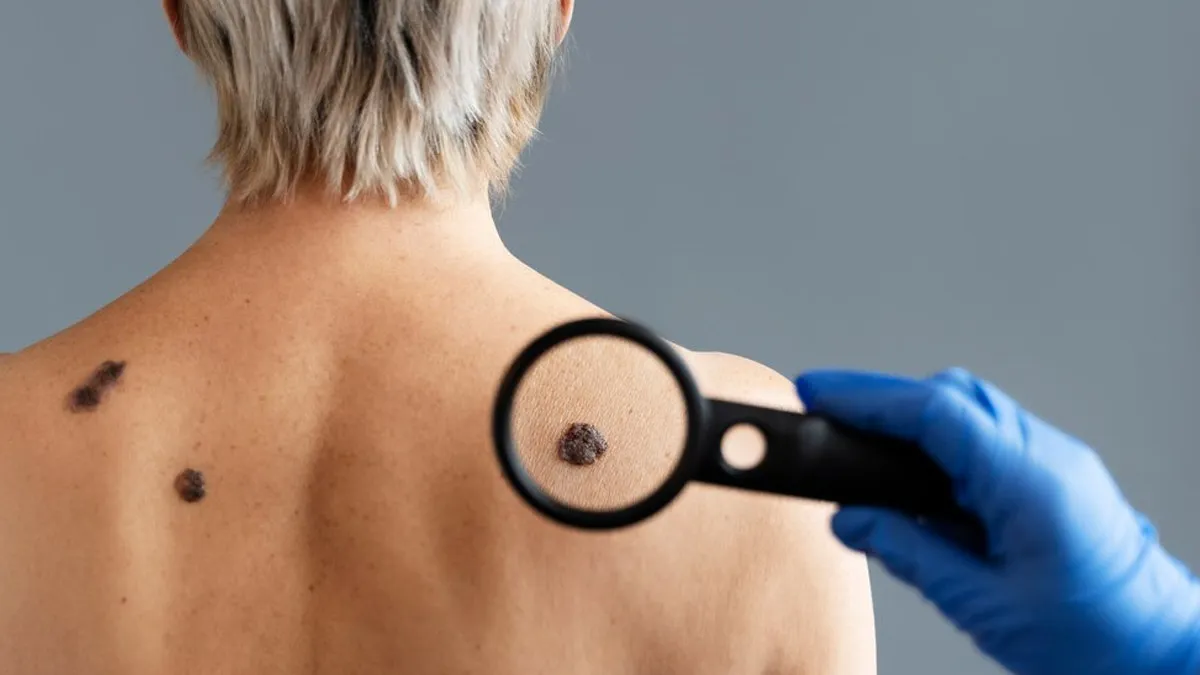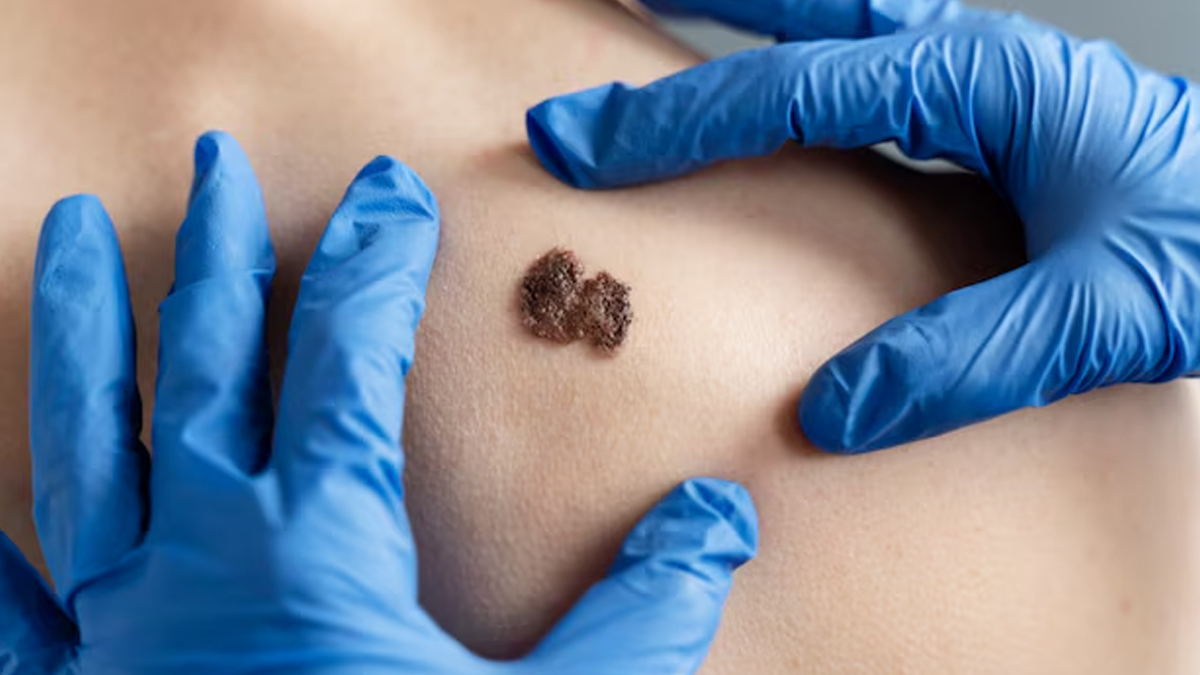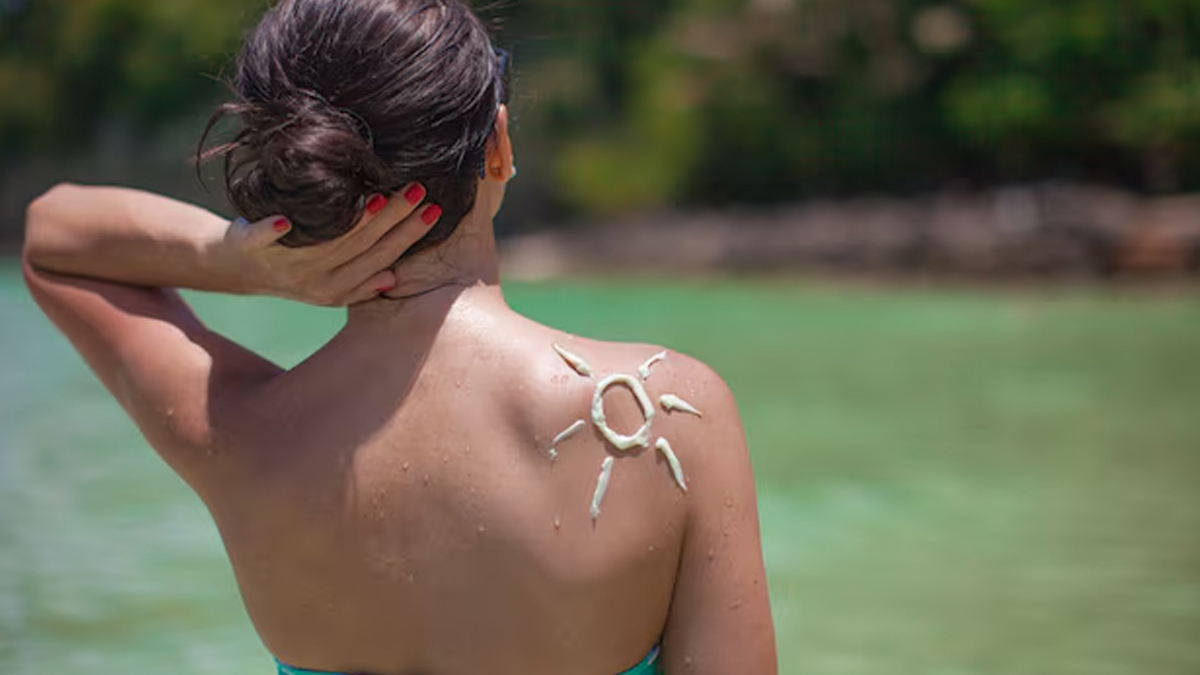
The sun is our natural source of light and energy, yet its rays bring with them unforeseen dangers. Too much exposure to Ultraviolet (UV) light is the leading cause of skin cancer, the most prevalent form of cancer globally. Most people assume that only summer sunburns are dangerous, but the risk of skin cancer exists all year long, whether it's spring picnics, fall walks, or even cold winter days. Hence, shielding your skin is not only about preventing sunburn; it's about lowering your lifetime cancer risk.
Table of Content:-
To understand this better, we reached out to Shrey Kumar Srivastav, Senior Consultant and General Physician at Sharda Hospital - Noida, and he explained to us easy sun safety tips for all seasons. Here is everything he shared with us.
Why Sun Safety Matters for Skin Cancer Prevention
According to worldwide health research, approximately 80 to 90% of skin cancers are linked to UV exposure. Every sunburn contributes to your lifetime risk, but even without burns, cumulative sun damage occurs day by day in your skin cells quietly. “The consequence is increased risk of melanoma (the most lethal skin cancer) and non-melanoma skin cancers such as basal cell and squamous cell carcinoma,” said Dr Srivastav.
“The good news is skin cancer is largely preventable. Regular sun protection is one of the easiest and most effective things you can do,” he added.
Also Read: Expert Says THESE Plants Are the Ultimate Home Health Boosters

Sun Safety Tips for Every Season
Here is a season-by-season breakdown of how you should follow ideal care for your skin against sun:
Summer
Summer is when UV rays are at their strongest, and skin cancer risk is highest.
- Use a broad-spectrum sunscreen (SPF 30+), and apply enough, most people don't use enough.
- Reapply every two hours, or after swimming or sweating.
- Stay away from direct sunlight between 10 a.m. and 4 p.m.
- Wear hats, sunglasses, and protective gear.
"One bad sunburn in childhood doubles melanoma risk later in life. Prevention needs to begin early and be a daily routine," Dr Srivastav said.
Autumn
During the autumn months, the air chills, but the UV rays do not vanish. Autumn is when most people receive unsuspected sun damage.
- Make sunscreen a daily routine, even on cloudy days.
- Shield lips with SPF balm, skin cancers on the lips are prevalent but avoidable.
- Moisturise thoroughly, as dry, damaged skin is an easier target.

Winter
Snow and ice can reflect as much as 80% of UV rays, so winter sun can be an unseen threat.
- Apply sunscreen to face, nose, ears, and hands.
- Use moisturisers with SPF to guard against dryness and UV damage.
- Wear sunglasses or goggles with UV-blocking ability to prevent eye damage and unusual eye cancers.
Reminder is that cold temperatures don't stop UV radiation eithr
Spring
UV levels increase rapidly during spring, usually before we even notice it.
- Begin sunscreen early in the season to prevent accumulated damage.
- Wear UV-blocking sunglasses, eyes are also vulnerable to melanoma.
- Experiment with UPF (Ultraviolet Protection Factor) clothing for light protection.
- Drink plenty of water to provide your skin's natural repair systems with a boost.
Bottomline
Skin cancer isn't a calendar event, years of daily exposure can trigger it. That's why sun safety is not a summer ritual but a year-round health habit. By wearing sunscreen every day, dressing up, and remaining alert to UV exposure, you significantly reduce your risk of skin cancer while keeping your skin healthier and more youthful-appearing.
Also watch this video
FAQ
1. Is skin cancer really common?
Yes. Skin cancer is the most prevalent cancer globally, yet also one of the most preventable.2. Can I get skin cancer without sunburn?
Yes. Even minimal, frequent sun exposure without burns can lead to long-term DNA damage to skin cells.3. Does sunscreen really reduce skin cancer risk?
Yes, research demonstrates frequent use of sunscreen drastically reduces melanoma and other skin cancers risk.
How we keep this article up to date:
We work with experts and keep a close eye on the latest in health and wellness. Whenever there is a new research or helpful information, we update our articles with accurate and useful advice.
Current Version
Oct 02, 2025 00:35 IST
Modified By : Tanya SrivastavaOct 02, 2025 00:35 IST
Published By : Tanya Srivastava
